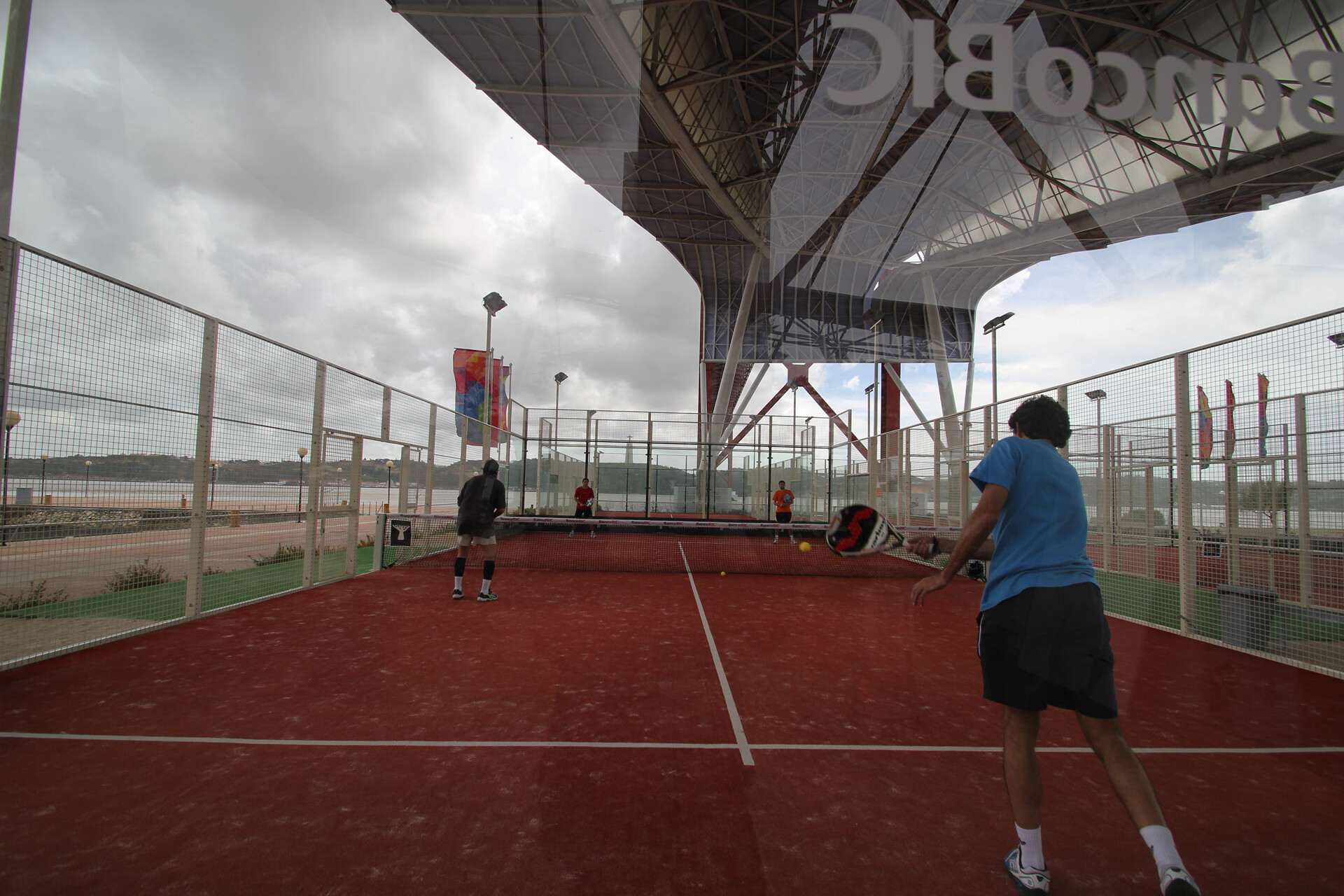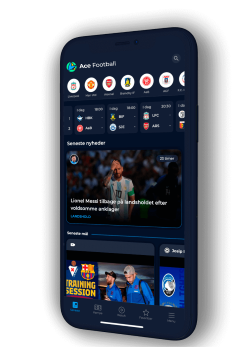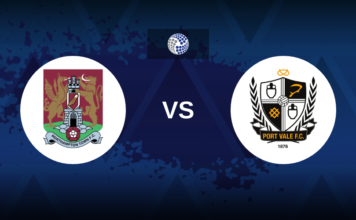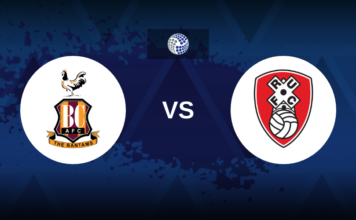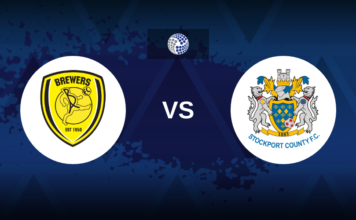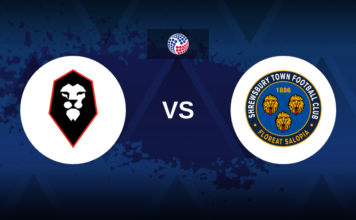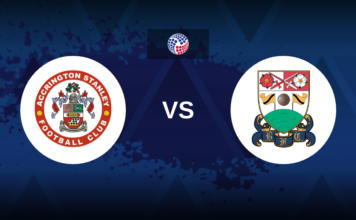Footballers worldwide are known for their passion for the beautiful game, but a new sport is fast becoming their second love: paddle.
This dynamic and accessible game has not only captured the hearts of stars like Cristiano Ronaldo, Lionel Messi, and Neymar but also has managers like Jürgen Klopp installing courts at their clubs’ training grounds. Let’s dive into the fascinating rise of paddle and explore why it’s become so popular among footballers and beyond.
What Is Paddle?
Paddle, also known as padel, is a racket sport that originated in 1969, created by Enrique Corcuera, a Mexican businessman. Lacking space for a full tennis court at his holiday home in Acapulco, Corcuera improvised by building a smaller court, about 25% smaller than a standard tennis court, and incorporated walls into the design. This innovation created a unique blend of tennis and squash, where players can use the walls to keep the ball in play.
Paddle courts use the same net as tennis courts and have similar markings, but the sport has its distinct features. The game is usually played in doubles, and the ball can bounce off the court’s glass and metallic mesh walls, making for longer rallies and more strategic play.
The Sport’s Rapid Growth
Paddle’s popularity initially surged in Southern Europe, particularly in Spain, Italy, and Portugal. During the COVID-19 pandemic, while other sports were restricted, paddle remained largely accessible due to its non-contact nature. This availability led to a massive boom in participation. For instance, in Italy, the number of paddle courts has increased by 500% since 2020, reaching nearly 5,000 courts.
In Britain, paddle is also experiencing significant growth. Underused tennis courts are being converted into paddle courts, and even some five-a-side football pitches have been repurposed for the sport. It’s predicted that within five years, over a million Britons could be playing paddle regularly.
However, despite its popularity in Europe, paddle has yet to gain a significant foothold in the United States, where the sport remains relatively unknown.
Footballers’ Love Affair with Paddle
Footballers have found a special affinity with paddle, and it’s not hard to see why. The sport offers a perfect balance of physical activity and fun without the risk of serious injury. Carl Robinson, former head coach of Oxford United, notes that paddle’s appeal lies in its simplicity and competitive nature. Unlike football, which requires strategic thinking and tactical awareness, paddle is more instinctive, allowing players to relax and enjoy the game.
Moreover, the sport’s low-impact nature makes it ideal for footballers looking to stay fit without overexerting themselves. Paddle’s constant rallies keep the ball in play, requiring players to be agile and creative, yet the court’s smaller size means less running is involved. This combination of factors makes paddle an excellent way for footballers to burn off excess energy and stay sharp between matches.
It’s no surprise, then, that top footballers like Lionel Messi, Cristiano Ronaldo, and Neymar have been seen enjoying paddle. Neymar has even built multiple paddle courts in his garden in Brazil, while Jürgen Klopp, the Liverpool manager, has installed a court at the club’s training ground. Klopp, a self-described “paddle addict,” will leave Liverpool in 2024, but his successor, Arne Slot, is also a huge fan of the sport, ensuring the court will remain well-used.
The Business of Paddle: Big Money and Bigger Plans
As paddle’s popularity grows, so does the interest of investors, particularly from within the football world. Qatar Sports Investments (QSI), led by Paris Saint-Germain president Nasser Al-Khelaifi, has taken significant steps to professionalize the sport. After hosting the World Paddle Championship in 2022, QSI announced in August 2023 that they would take over the professional circuit starting next year.
This move has been welcomed by players, who previously struggled with substandard venues and financial difficulties. With QSI’s backing, the sport is becoming more lucrative and sustainable for professional players. British men’s number one, Christian Medina Murphy, has praised the improvements, noting that travel and accommodation are now covered, making it easier to live as a professional paddle player.
The Future of Paddle
With its rapid expansion and the backing of high-profile footballers and investors, paddle’s future looks bright. The sport is already a staple in many European countries, and as more footballers and celebrities promote it, its global reach is likely to grow. Paddle’s combination of fun, fitness, and competition makes it a perfect match for footballers looking for a new challenge.
As the sport continues to evolve, it’s clear that paddle is more than just a passing trend. It’s quickly becoming a global phenomenon, with footballers leading the charge. Whether in the backyards of Brazil or the training grounds of Europe’s top clubs, paddle is here to stay, offering a fresh and exciting way for athletes and fans alike to enjoy the game.
